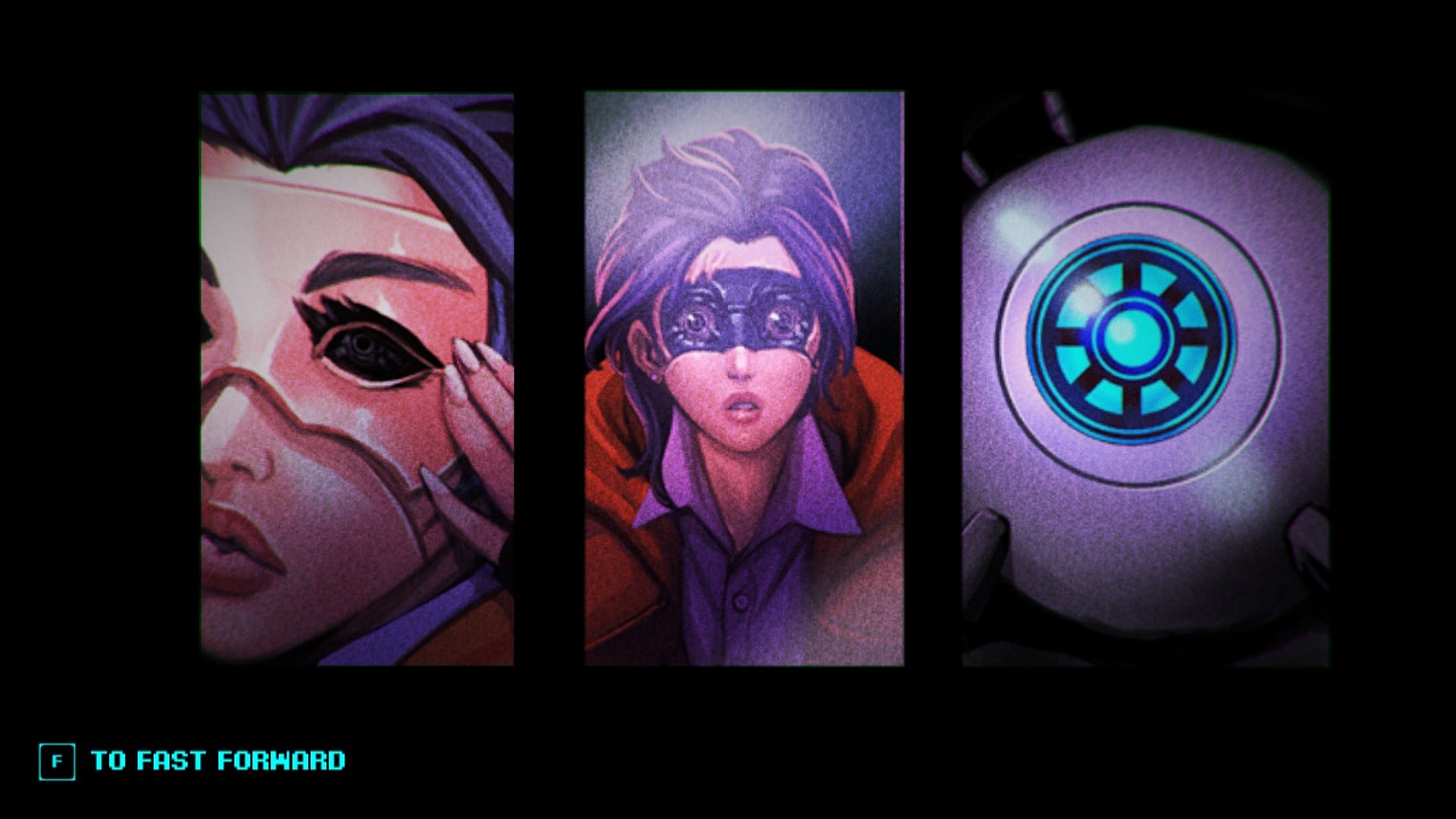Nine Women File Lawsuit Accusing PlayStation Of Sexual Harassment And Discrimination

Following one woman’s sexual harassment and discrimination lawsuit against the company, eight more women have stepped forward to sue PlayStation on similar grounds.

In November 2021, a former Sony PlayStation IT security analyst Emma Majo filed a lawsuit against Sony Interactive Entertainment (SIE) claiming she was wrongfully terminated after she spoke out “about discrimination against females” at the company.
Subsequently, she sought to expand her lawsuit into a class action encompassing all women “or [individuals who] identify as female” who had worked for SIE in the past four years.

The lawsuit claims “Sony discriminates against female employees, including those who are female and those who identify as female, in compensation and promotion and subjects them to a work culture predominated by men.”
In support of this claim, the filing highlights how “Even though [41%] of PlayStation owners are females, a 2020 study revealed that Sony’s Executive Committee was 100% male.”

In addition, Majo claims her manager, Director of Product Security Yuu Sugita, refused to be alone with any woman with the door closed, and would ignore women if a man was in the room and talk only to male coworkers.
According to the former employee, her requests sent through a male intern would receive attention, while ones that came directly from her were ignored.

Majo also alleges that not only were her queries to three different managers on how to get promoted were never answer, but that her questionins “resulted in the creation of a plan for more levels within the department instead of any communication that tasks, behavior modification, or knowledge was needed on Plaintiff’s part.
After making one such inquiry, she was allegedly told to no longer report to a VP, but to a manager below them – becoming “effectively demoted” – while other male colleagues continued to respond to the same VP.

This was despite allegedly having the same subordinate for three years, but no official managerial title. Majo had no promotion from 2015 to 2021, with HR allegedly “losing track” of women seeking promotion, and denying promotion if someone was lacking certain job titles (rather than skills).
Majo further asserted that she was terminated soon after submitting a signed statement about SIE’s alleged bias, with the company allegedly citing the closure of an internal department as reason for her being let go, despite her not being part of that department.

On February 22nd, Sony moved to have the lawsuit dismissed, citing a lack of evidence provided and declaring that Majo “fails to identify a single policy, practice or procedure at SIE that allegedly formed the basis of any widespread intentional discrimination or had a discriminatory impact on women.”
On March 9th, Axios reported that a further eight women had since joined the lawsuit, all of whom claiming, to some extent, they had bore witness to or endured insulting comments, sexual harassment, female employee’s work being ignored, and a lack or difficulty in promotion.

One woman, former Sony Interactive senior director Marie Harrington, claimed that there was a lack of females considered for senior roles during “calibration sessions,” with one such session allegedly seeing only four women considered for promotion alongside nearly 70 men.
An unnamed woman also corroborated Harrington’s claims, pointing to an alleged third-party study that claimed there was a “great imbalance in terms of employee distribution” in her own team.

Harrington also claimed comments were also made about female candidate’s family lives were commented on in a way that male employees’ were not.
Further, she said that she had somewhat addressed the issues with her superiors, linking them in 2018 to a New York Times article discussing how a “revolt” by female employees at Nike let to an exodus of male executives.
Providing further details in their report, Polygon said that when she brought up one male employee’s bullying behavior to her superiors, Harrington asked, “Can we address this before PlayStation has its own national news article?”

Harrington also claimed that male employees would rank women by “hotness,” share “filthy jokes and images of women,” and would go to strip clubs for lunch.
In one instace, she said, a male engineer asked Harrington to refrain from wearing skirt “because it was distracting him”.

Former programming manager Kara Johnsontold Axios, “I believe Sony is not equipped to appropriately handle toxic environments,” explaining how ten woman had left her Rancho Bernardo, California office in four months before she also left.
She had also alleged that when she left in Januay 2021, she shared a letter with her fellow female employees explaining her alleged multiple attempts to inform her superiors about gender bias at SIE, discrimination against a pregnant woman, and the resistance she encountered from a senior male HR employee to act in those matters.
“Though a certain amount of attrition after PS5 launch was expected,” Johnson allegedly wrote to Sony’s Women at PlayStation group (Women@PS), according to Polygon. “the disproportionate number of women leaving has alarmed leadership.”

As per the video game news outlet, Harrington herself experienced said alleged discrimination against pregnant women, stating that instead of being provided a lactation room to conduct her business, she had to use a “storage room with a broken lock directly off the entrance lobby.”
According to her, she stopped breastfeeding her child early “because it was not sustainable under those conditions.”

Another unnamed woman claimed she had only worked directly with four other women in five years at SIE’s San Mateo and San Francisco offices, only for all of them to eventually leave the company “for similar reasons relating to sexual discrimination, sexual harassment, and not being able to earn a promotion.”
This included men making comments about women not understanding technology and a senior manager attempting to grope an employee’s chest at an out-of-office work event.

RELATED: PlayStation Exec George Cacioppo Fired After Appearing To Be Caught In Amateur Pedophile Sting
Another employee, recalling a different incident from the attempted groping, claimed that at one work event where alcohol was served, “A male Senior Manager was getting inappropriately close to me. He hugged me and whispered in my ear. I left and went to the bathroom and told some female co-workers. Soon after that I transferred departments.”
Majo’s lawyer, Stephen Noel Ilg, claimed in a statement that several women aside from the eight joining the lawsuit feared retaliation from SIE and thus “were too scared to speak up about what had occurred at the company.”

There is a tinge of irony to these accusations, as they have come after PlayStation’s has gorwn infamous for censoring sexual scenes in some of its games, particular those with anime art-styles.
In late 2018, visual novel developer light claimed Sony had introduced the censorship policy for not only for the West, but for Japanese audiences as well.

During a PlayStation event that December, Sony Interactive Japan Asia President Atsushi Morita was asked about how the alleged policy would balance with freedom of expression, to which he explained, “About the censorship, we tried to meet global standards.”
“Regarding the balance of the freedom of expression and safety for children, it’s a tough problem to deal with,” he admitted in follow-up.

A Sony spokeswomam confirmed the existence of this policy in 2019, explaining its existence by citing the rise of not just the Me Too movement, but also the increasing popularity of YouTube and Twitch as contributing factors.
This censorship was even afflicted upon gameseplicitly designed to be fan-service heavy.
This was one of the reasons why Senran Kagura developer and producer Kenichiro Takaki left Marvelous! in 2019.

RELATED REPORT: Censorship Among Key Reasons PlayStation Brand Faces “Decisive Decline” In Japan
Not only were sexualized depictions cesnored – no matter how mild or extreme – but so were instances of dismemberment and extreme self-harm.
As such, some fans have highlighted that PlayStation were hypocritical when it came to The Last of Us Part II, featuring graphic scenes of sex and violence.
Nonetheless there have been some exceptions to the censorship, such as Sense: A Cyberpunk Ghost Story, and Tales of Arise– both having announcements stressing their content would not be altered.

What do you think? Let us know on social media and in the comments below.
